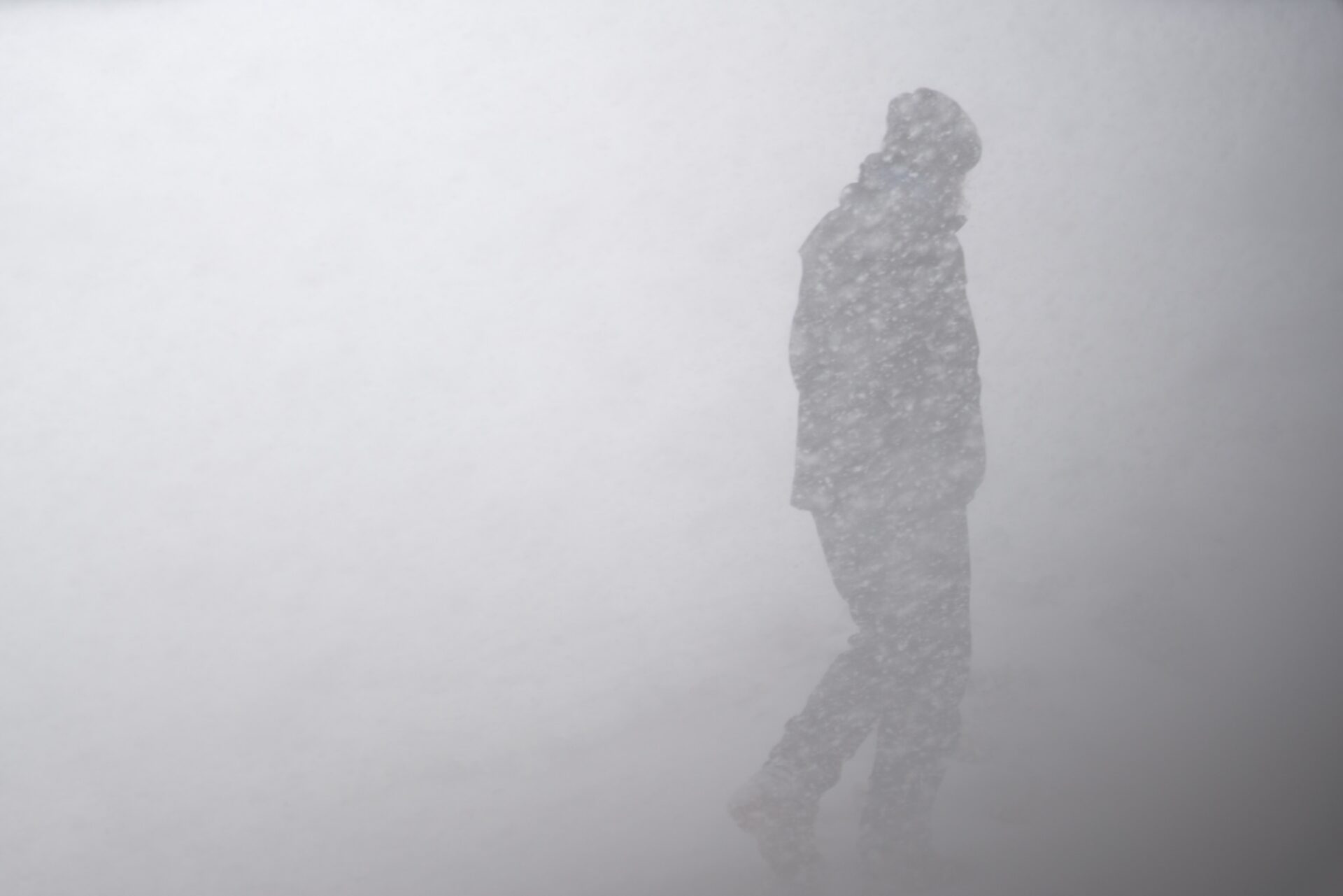10 Tips to Handle Power Outages in Snow
Written on: December 15, 2023
How to prepare your house for unexpected power loss

Winter is the time for winter storms, which can mean unplanned power outages. While we can’t predict when a snowstorm, ice, or wind will knock down trees and power lines, we can help you prepare as much as possible. If you have time to plan ahead, make an effort to insulate your home as much as possible. Starting with windows and doors, then moving on to fixing loose or broken roof shingles. If you are caught by surprise and haven’t had time to do the longer-term projects then these tips will help:
- Gutters: Clean your gutters to prevent ice dam formation. Ice dams trigger severe damage by causing the water to back up in your house.
- Wood Fireplace: If you have a wood-burning fireplace to keep yourself warm during a power outage, check if everything is in place and ventilating properly. Clear out any ash and debris, and inspect the chimney and gasket for damage to avoid smoke inhalation and maintain optimal airflow and draft. Make sure you have enough stock of dry wood to make it through the storm. A rough estimate might range from 15 to 30 pounds of wood per hour to keep your fire burning, but it depends on the type of wood and other factors so aim to have a little extra wood to be safe.
- Gather lighting sources: Flashlights are the safest option, though candles and lanterns will work in a pinch. Keep these central with refill batteries close by.
- Protect Pipes: Insulating pipes is the best way to prevent them from freezing during a power outage. If you can, turn off the main valve because if any of the pipes burst, the water will flow out from that damaged area, causing a flood. You can also turn on the faucets to a slight trickle to prevent freezing, since running water won’t freeze. Don’t waste the water – collect it in buckets, sinks, and bathtubs to use in case the weather worsens and the water is turned off for a longer period of time.
- DIY Insulation: Roll up towels/blankets or use draft stoppers at the base of doors and windows to reduce heat loss. Seal gaps and cracks around fireplace chimneys, furnaces, and water heater vents with fire-resistant materials such as sheet metal. Lock yourselves in— close and lock all doors and windows to get the maximum insulation benefit. Every little bit counts!
- Create a Warm Space: Gather in a single room and block off other areas to conserve warmth. Try to keep moving regularly and maintain body heat by engaging in light exercises and avoid sitting in one place for too long to prevent hypothermia.
- Close the Refrigerator: Ideally you would have had time before the storm to lower the refrigerator temperatures, but if not then just keep the doors closed as much as possible. The more you open the refrigerator while the power is out, the faster your food will become spoiled.
- Snow Removal: Keep snow away from vents, flues, and natural gas meters. This helps prevent blockages and ensures proper ventilation.
- Disconnect devices: Once the power goes off, there is risk for power surges as attempts are made to restore power. Unplug all your devices and appliances to avoid damage and plug them back in once power has safely been restored.
- Turn on the Radio: Always keep an old-fashioned battery-powered radio in your home to tune in to weather and safety updates.
Santa Energy is there for you in an emergency like this. Call us at 800-937-2682. Our phones are staffed by Santa Energy employees at all times for emergencies like no heat, smoke, serious fuel leak and dangerous conditions.
